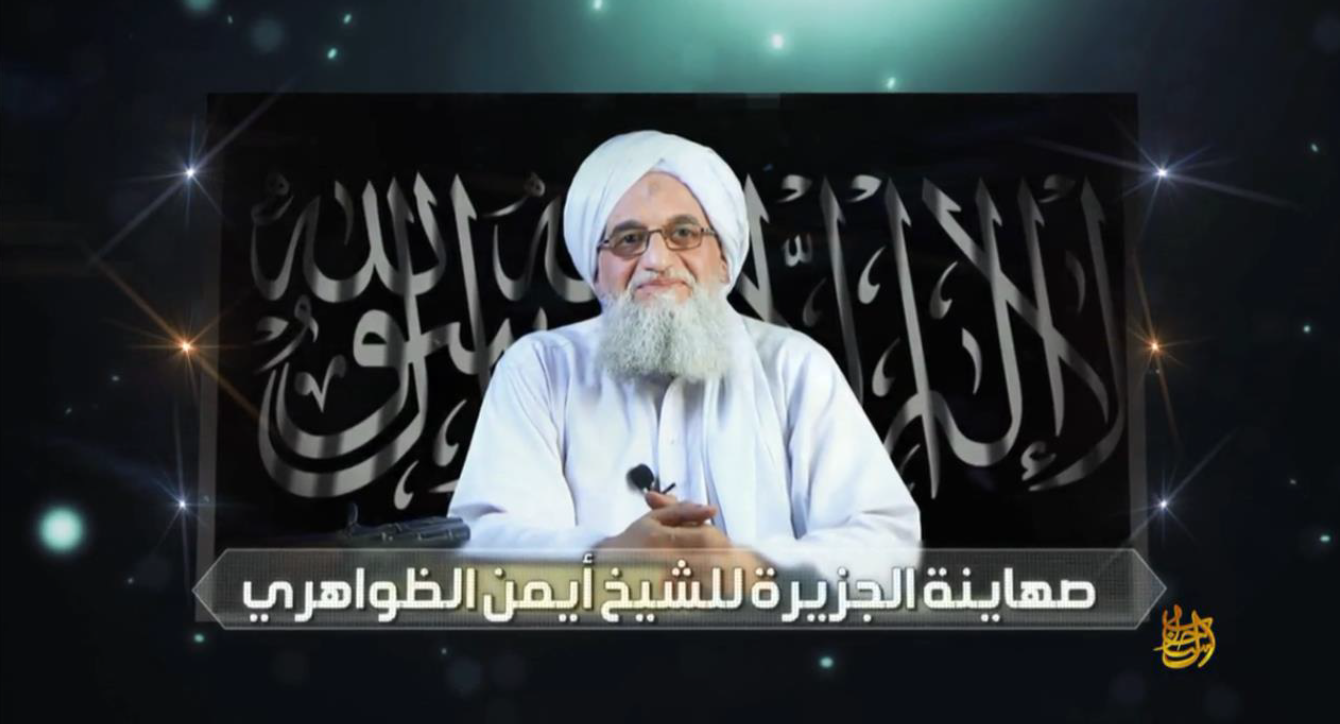Al-Qaeda’s Leaders Are Dying, But a Greater Challenge Looms
A string of top-level al-Qaeda leaders have been killed this year in U.S. counterterrorism operations extending from Afghanistan to Iran and Syria. The frequency of the strikes, together with the seniority of those lost, has dealt a crippling blow to the old guard responsible for founding al-Qaeda back in the 1980s. After nearly 20 years of relentless counterterrorism pressure following the 9/11 attacks, al-Qaeda’s central leadership has grown older, more distant and disconnected, and, it seems, increasingly vulnerable. Most prominently, Abdullah Ahmed Abdullah (better known as Abu Mohammed al-Masri), was reportedly killed in August by a team of elite Israeli assassins acting on U.S. intelligence in the Iranian capital of Tehran. The targeting of al-Masri, the most likely successor to overall leader Ayman al-Zawahiri, was one of the most significant operational successes against al-Qaeda since Osama Bin Laden’s death in Abbottabad, Pakistan in May 2011. That it took place in





